512(f) Once Again Ensnared in an Employment Ownership Dispute–Shande v. Zoox
Technology & Marketing Law Blog
AUGUST 16, 2023
Copyright owners are in the best position to spot and redress infringement, so they should identify alleged infringement to services and seek intervention when they see infringements. This paradigm, however, breaks down when copyright ownership is contested. The litigants are an employer and former employee. Alper Automotive v.


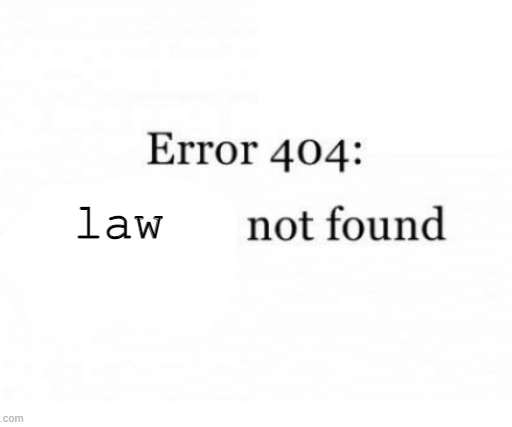




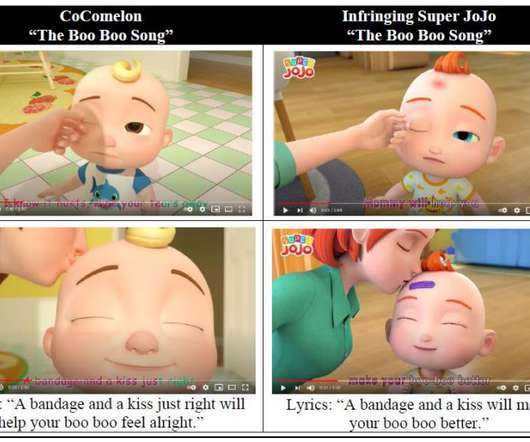

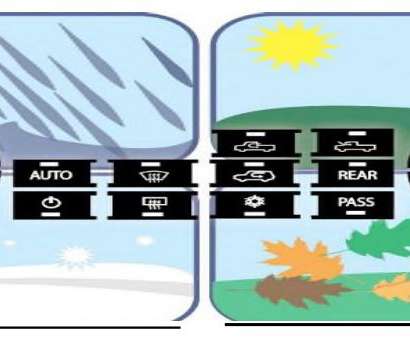
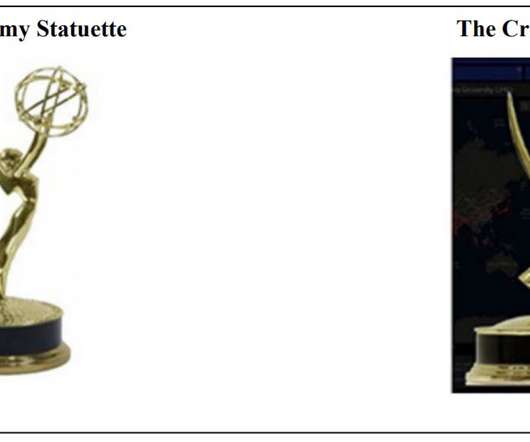

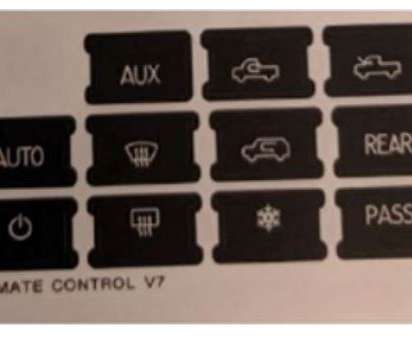








Let's personalize your content